I have tried and tried to figure out how to start this post. It is an important subject. How, exactly, does one pick a gunsmith? What do you look for in a good gunsmith? What should you avoid? What should you tolerate in what might essentially be an artist who's conserving the aesthetics of your gun in trying to make it the best it might be? What to do and what not to do when giving your valuable guns to a gunsmith is something a lot of people don't consider. It sometimes is simply astonishing how little thought is put into who works on some rather valuable guns.
Lets face it folks, not all gunsmiths are what they seem. I know one guy who was an expert. He knew all about guns, the history, the loads used, etc. but he couldn't use a screwdriver without bunging up a screw head. Some are business savvy and some don't care, they only do the job because they love it or some aspect of guns. Others are artists and have the souls, and internal clocks, of artists. Some are talkers and some are more than a bit taciturn. Some are machinsts/metal workers of superb skill without an artistic bone in their bodies.
A little due diligence is called for so that one can avoid becoming part of a horror story. It probably isn't the wisest thing to choose as your gunsmith somebody whose sole qualification to you is a listing in a phone book. If he has a sideline, that's not a good sign as really good smiths are swamped with work and consequently lack time for sidelines requiring personal attention. It also isn't the best of ideas to dump a bunch of guns and/or work on somebody with whom you've had no experience or, to leave that work with them once you know they've messed something up.
Gunsmithing is at the same time a relatively simple and very difficult job. Most guns have not nearly as many parts as a modern internal combustion engine and they are fairly similar to one another in that the parts must accomplish certain tasks. However, there is an incredible diversity in design and each and every one of those designs must be taken apart differently as well reassembled with a trick or two to keep from marring the finish. The relationship of those parts to failures and the trouble-shooting from a customer's description requires a bit of experience. A good gunsmith can balance the need for rapidity of repair with the need for precision and care of the customer's firearm.
So I does one pick a gunsmith for a particular task?
- Ask around. Ask friends, fellow shooters, and at gunshops (who might have a repair jockey in the back room). Try to choose somebody who has consistently had a good reputation, not just a couple of years ago, but recently.
- Look around. Look at the shop, look at the work. Look at how he works and how he cares for the firearms entrusted to him. Look at whether or not screw holes are square, burred, etc. Look at the fit and finish.
- Look at OTHER people's work, old work, new work, all work. Get a feel for what good work really is. Try it if at all possible. Read and understand what is possible and what is necessary. Know how to identify faults and describe them to a professional. In other words, learn the jargon.
You might do all the right things and still get a smith who has a bad day while working on your gun. A legitimate businessperson (in any business) will make good on the loss, a thief will not. There's nothing wrong with giving a good smith who had a bad day another chance IF he made good. It is pure stupidity to do otherwise.
I'm seeing a lot of specialist work nowadays. It seems that many shops have a "repair jockey". To me (and I must emphasize that this is my opinion) a "repair jockey" is a person who has some mechanical skill, an ability to understand the schematics and books on the subject, the necessary tools & knowledge to use them, and the nerve to do so. He isn't necessarily a gunsmith, he probably has limitations in that he doesn't do bluing, stock repair/checkering/refinishing, soldering, welding, brazing, etc. He likely farms out these jobs. In our area we have several people who specialize in one of these tasks. One guy does hot dip bluing (but I don't think he does the polishing), another will drill and tap holes, another will rechamber a barrel, one will repair and checker stocks, one only does checkering, and so forth. It seems to me that most communities are served by this level of gun repair.
There are many, very skilled, gunsmiths out there who can do it all. Some, maybe most, have specialized to some degree. For example, Steve Young of Steve's Gunz in Port Arthur, Texas has made a name for himself in the cowboy action shooting fraternity doing work on the guns used in that game, most notably to me, on the Winchester Model 1892 and clones. Many have heard of Doug Turnbull but Mike Hunter of Hunter Restorations does work that's fully as good.
Many people have taken to doing much of the minor work themselves. With understanding of what's required and with the proper tools, even rather involved tasks can be successfully done by the DIYer. I would only caution you to have the necessary references and tools at hand and a complete understanding of what you are going to do before jumping in. You'll be much happier in the long run if you take a bit of time to prepare for the job.
To summarize, you can get what you want done but you have to use due diligence in selecting the craftsman to do what you need done. If you cut corners you shouldn't be surprised if the person you select to do the work cuts corners, too.
Thursday, November 19, 2009
Subscribe to:
Post Comments (Atom)
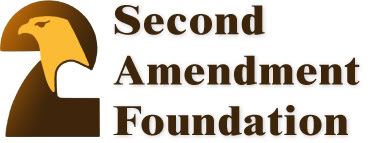
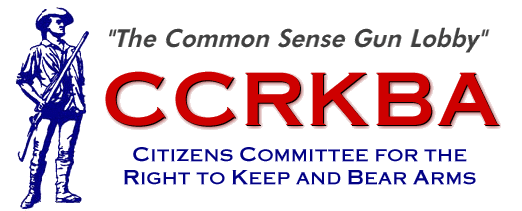

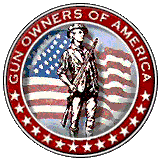






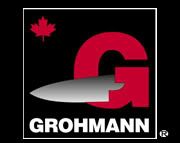
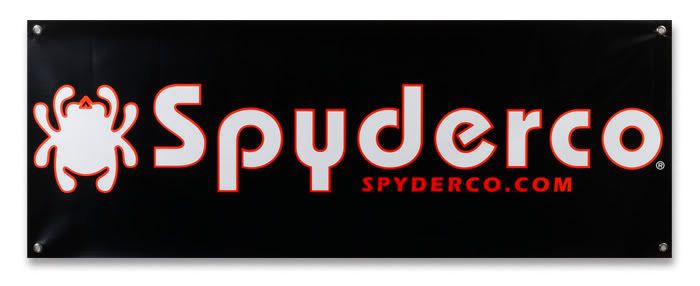










1 comment:
I want a gun shop that's within easy driving distance and has a big ole lathe and mill in full view. A guy who knows and loves guns. If there is a coffee pot in the shop, that's a bonus.
Not to disparage guys like Steve Young, who do wonderful work, but I'm lucky to have a shop like the one I described just 20 minutes from my door.
Then again, if I need any work on a revolver, Clark's Custom Guns is just two hours north of here.
Post a Comment